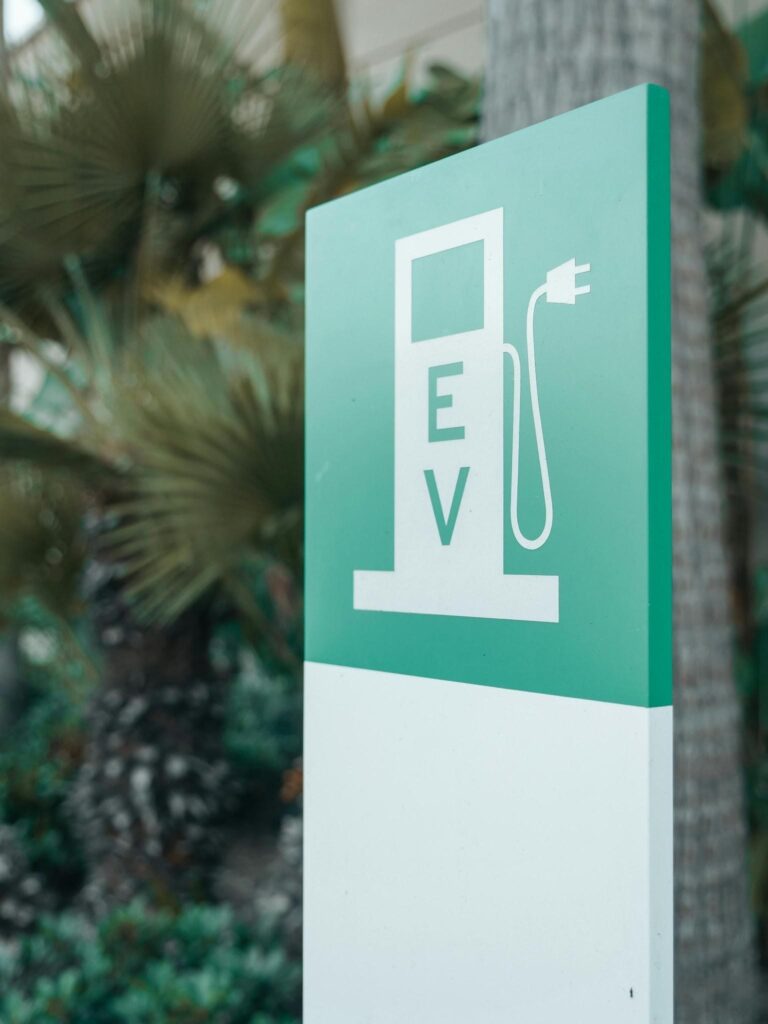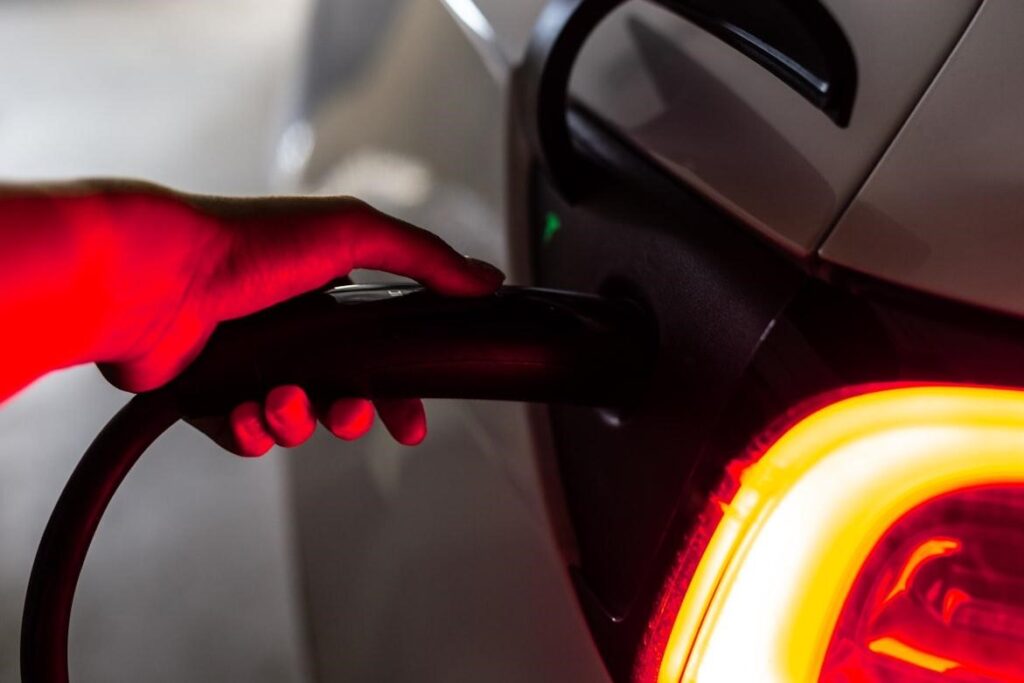The Close to-Future Guarantees Sooner Charging and Safer Batteries
This text might include affiliate hyperlinks.
Developments in battery expertise have remodeled how we take into consideration transportation, renewable vitality and moveable electronics. Regardless of spectacular progress, one problem continues to dominate discussions: easy methods to cost batteries sooner with out compromising security, capability or lifespan. Quick-charging expertise is shifting from the fringes of innovation into mainstream use, and the following wave of developments guarantees to make it extra accessible, environment friendly and environmentally pleasant.
From electrical automobiles to client electronics and industrial functions, breakthroughs in charging pace might reshape whole industries. Understanding what’s on the horizon and the applied sciences driving this evolution might help customers, producers and policymakers put together for a future the place energy is delivered nearly as shortly because it’s consumed.
The Function of Superior Supplies in Rushing Up Charging
The speed at which a battery fees relies upon closely on the supplies utilized in its electrodes and electrolyte. Conventional lithium-ion batteries, whereas dependable, have inherent limitations in how shortly they’ll settle for a cost with out overheating or degrading. Researchers are actually exploring various supplies like silicon anodes, lithium steel and solid-state electrolytes, all of which may deal with larger currents and sooner ion motion.
A few of these improvements tackle security considerations. Stable-state batteries, for instance, substitute flammable liquid electrolytes with stable supplies, decreasing the danger of thermal runaway (fires) and permitting for denser vitality storage. These design adjustments might allow a lot sooner charging speeds whereas extending battery life, which is important for the rising demand in electrical automobiles, grid storage and moveable units.

Implications for Electrical Autos and Grid Integration
Quick-charging developments may have maybe essentially the most transformative impact on transportation. Vary nervousness, a standard barrier to EV adoption, is as a lot about charging time as it’s about vary itself.
Whereas trendy electrical vehicles can already obtain an 80% cost in 20–40 minutes at high-powered charging stations, the following wave of improvements goals to chop this time to beneath 10 minutes with out sacrificing battery well being. This leap in efficiency will depend upon charger {hardware} and on the evolution of EV batteries that may safely settle for larger currents. Improved thermal administration techniques, higher charging algorithms and superior cell chemistries will probably be essential for reaching these speeds whereas sustaining long-term efficiency.
The shift might align with smarter grid integration, the place charging is dynamically optimized based mostly on real-time vitality availability, decreasing pressure on energy infrastructure.
Enhancing Security Whereas Boosting Pace
One of many largest hurdles in ultra-fast charging is guaranteeing that security isn’t compromised. Fast charging generates warmth, and if not correctly managed, it might degrade the battery and even create hearth dangers. To deal with this, researchers are creating superior cooling techniques, each liquid and air-based, that may keep optimum battery temperatures throughout high-speed charging classes.
Producers are experimenting with clever charging protocols that modify voltage and present dynamically to match the battery’s state of cost. These adaptive strategies forestall stress on the cells and guarantee a extra balanced distribution of ions, which is important to avoiding harm throughout repeated fast-charging cycles. These enhancements might assist standardize ultra-fast charging with out introducing new security hazards.
The Function of AI and Good Charging Algorithms
Synthetic intelligence is changing into an integral a part of battery administration techniques. By analyzing real-time information from sensors throughout the battery, AI could make split-second changes to charging charges, optimize cell balancing and predict upkeep wants. That is significantly essential for fast-charging eventualities, the place small inefficiencies can result in important put on.
AI can be taught person conduct and adapt charging patterns accordingly. For instance, if a driver sometimes fees in a single day, the system might favor slower charging to protect battery well being. Conversely, if a person wants a speedy top-up earlier than a visit, the system can safely push charging speeds to the restrict whereas nonetheless defending the battery from long-term hurt.
Infrastructure Upgrades to Assist Subsequent-Gen Charging
The promise of sooner charging gained’t be realized with out matching enhancements in charging infrastructure. Excessive-capacity chargers able to delivering 350 kW or extra are already accessible in some areas, however widespread deployment would require important funding in grid upgrades, transformer capability and renewable vitality integration.
Charging networks might want to standardize connectors, protocols and fee techniques to make the expertise seamless for customers. Future stations might incorporate on-site vitality storage, permitting them to retailer extra renewable vitality and ship high-speed charging with out overloading the grid throughout peak occasions. It will make ultra-fast charging extra extensively accessible and help the broader transition to wash vitality.

Environmental Issues and Recycling
As charging speeds enhance, so will the variety of batteries reaching the tip of their usable life. Growing sustainable recycling strategies is essential to forestall environmental hurt and get well useful supplies like lithium, cobalt and nickel. Some firms are already investing in closed-loop recycling techniques, the place previous batteries are damaged down and their parts reused to make new ones.
Quick-charging applied sciences themselves might assist cut back environmental influence by making EVs extra sensible and engaging to a broader viewers, accelerating the shift away from fossil fuels. This profit have to be balanced in opposition to the potential useful resource calls for of producing next-generation batteries, making accountable sourcing and recycling a precedence.
What Shoppers Can Count on within the Subsequent 5 Years
For on a regular basis customers, the advantages of next-generation fast-charging applied sciences will go far past merely plugging in and ready much less. Shorter wait occasions will probably be one of the noticeable enhancements; charging classes that after took an hour might quickly be decreased to just some minutes.
It will apply throughout a number of classes, from smartphones and laptops to electrical automobiles, dramatically altering how folks plan their day. For EV homeowners, “refueling” in the identical time it takes to seize a espresso or make a fast pit cease might lastly put charging comfort on par with gasoline fill-ups.
Battery lifespans are anticipated to enhance because of smarter charging protocols and higher thermal administration. Because of this even with frequent use of ultra-fast charging, batteries will keep extra of their capability, decreasing the necessity for pricey replacements. In moveable electronics, this might translate to units that cost sooner and last more earlier than exhibiting indicators of battery fatigue.
The shift to ultra-fast charging represents greater than a comfort improve; it’s a elementary change in how we take into consideration and use vitality. By combining advances in supplies, sensible expertise and infrastructure, the business is poised to ship options that make battery charging practically instantaneous, with out sacrificing security or sustainability. For customers, this implies a future the place energy is all the time inside attain and ready is a factor of the previous.

